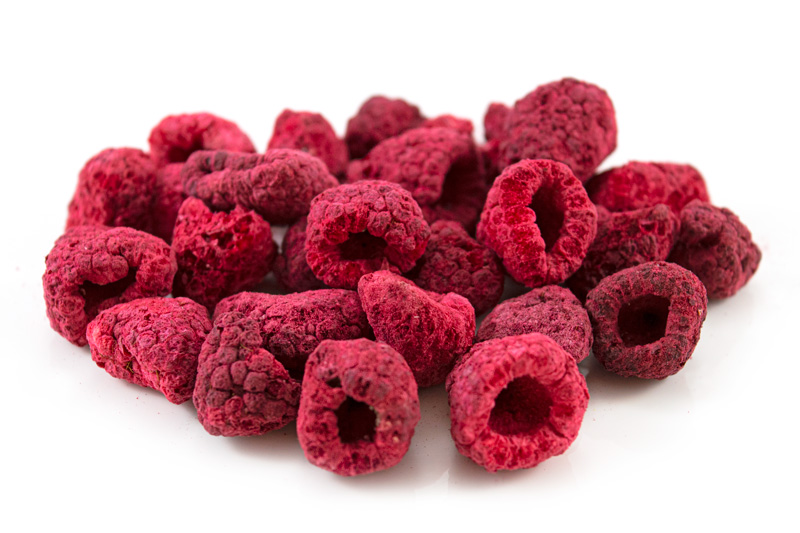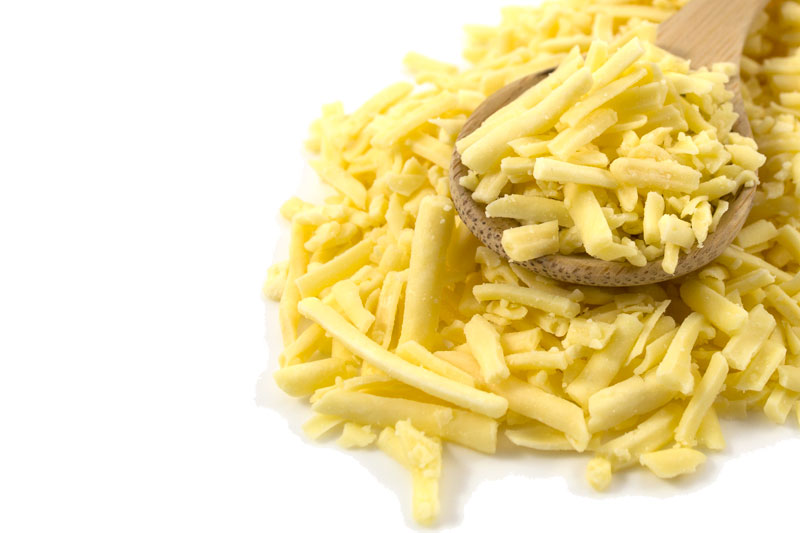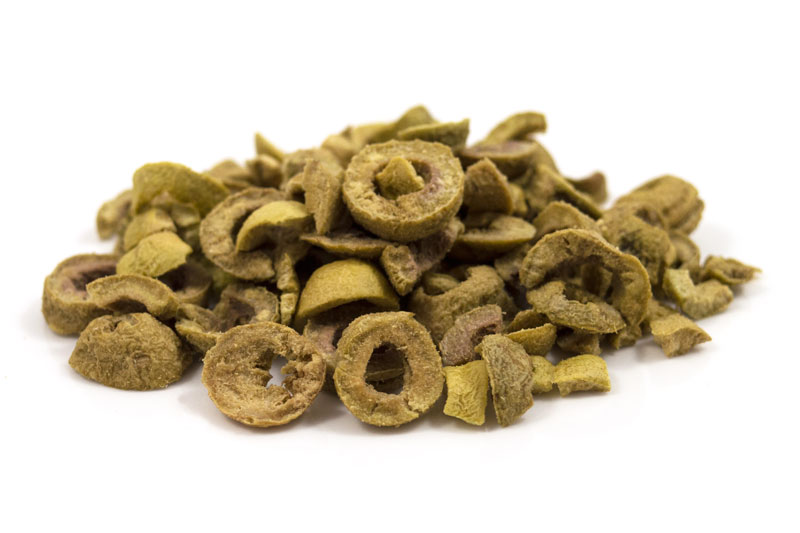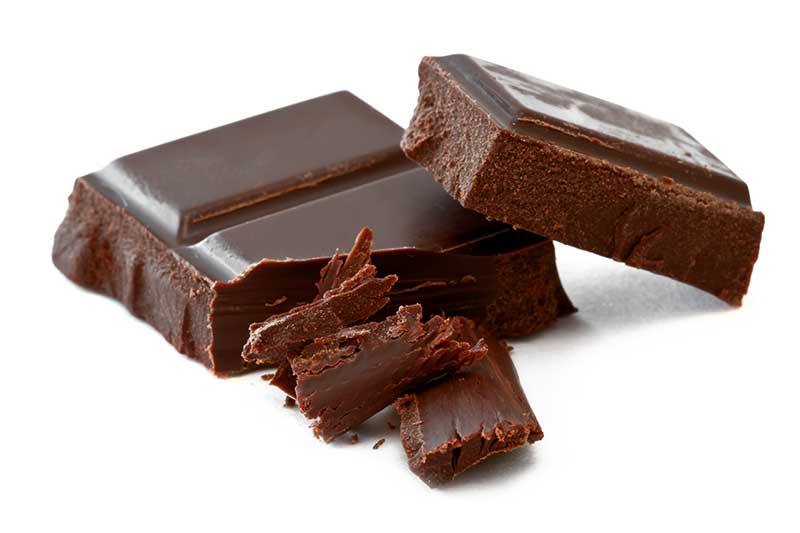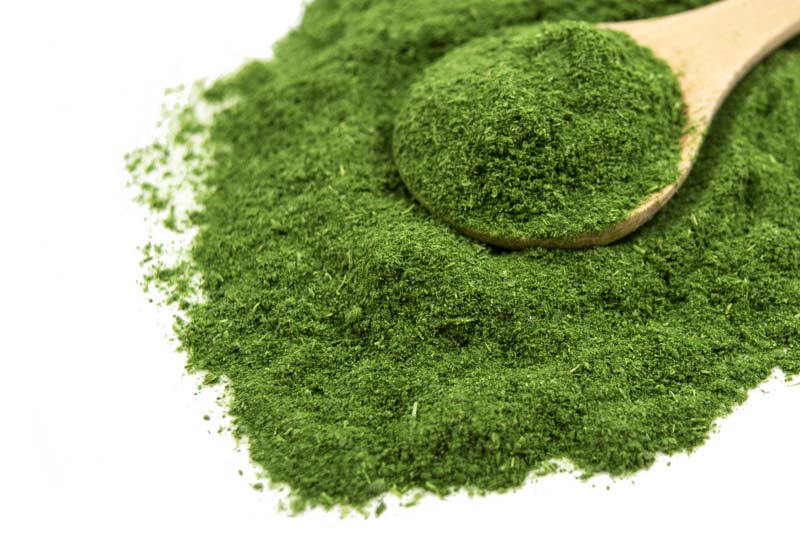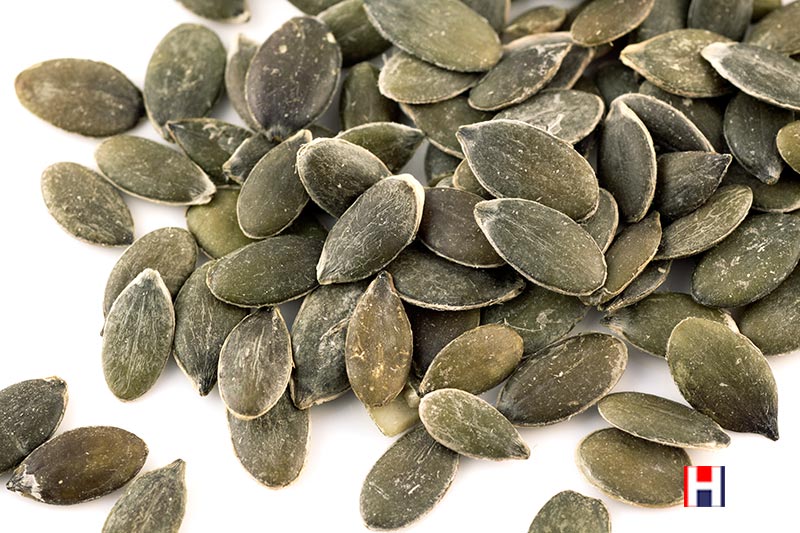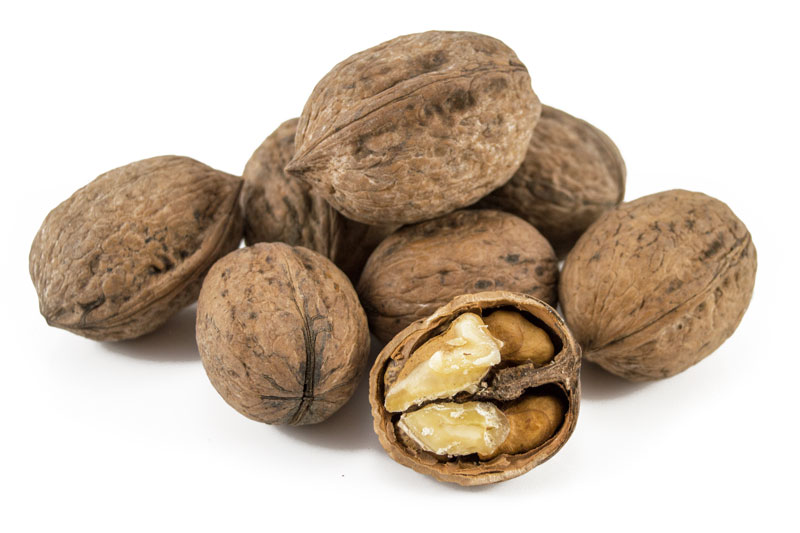What is the Keto Diet?
The Ketogenic (or ‘Keto’) Diet is very popular for people wanting to lose weight and increase their body’s overall health. The idea is that by changing the way you eat in order to trigger certain processes in the body, you can shed pounds while protecting yourself against several serious health conditions such as diabetes, heart disease and cancer.
While low carb diets diets such as the Atkins Diet come and go, the ketogenic diet has gained significant traction in recent years, and looks set to stick around, with a large group of dieters claiming it has hugely improved their health and wellbeing.
So is the Keto Diet any good? How can you get on board and harness its health benefits? Let’s take a closer look…

Carbohydrate molecules are the body’s main source of energy. A mixture of carbon, hydrogen and oxygen atoms, they provide the fuel that your body converts into energy to power your biological processes, in the form of starch and sugars. They are found in foods such as pasta, potatoes and bread. A ketogenic diet aims to cut down on carbohydrates significantly enough (somewhere between 20-50g per day) that the body switches to an alternative method of producing energy.
When the body experiences a significant reduction in carbohydrate intake, ketogenesis occurs. This is when a biological process called ketosis begins, when it starts to burn body fat, with the resulting ketones used as fuel. This switch from carbohydrates to ketones as the body’s fuel source has several important health benefits.
As with any change in diet, the body can take a while to adjust. People embarking on the keto diet may feel unusual in the first 4 or 5 days, and this is commonly referred to as ‘keto flu’. It can make you feel tired and dizzy, and give you sore muscles, nausea and headaches. But these symtoms should subside once you get into the swing of things!
What foods can I eat on the keto diet?
Embracing a keto diet needn’t mean limiting yourself to boring meals. Foods such as chocolate, nuts, seeds, avocadoes, berries and cheese are perfectly fine to eat, as they’re not high in carbohydrates. Fats are encouraged too, whether from meat or plant-based sources such as Coconut Oil.
The holistic nutritionist Angela Mavridis writes that a keto diet results in “less brain fog, improved cognition and brain health.” This may be because it increases the number of mitochondria, the ‘energy factories’ in our brain cells, leading to benefits in the hippocampus, the part of the brain essential for learning and memory.
If you’re afflicted with conditions such as acne, dandruff or psoriasis, a keto diet could be perfect for sorting these out for you. When you eliminate carbohydrates – especially simple carbohydrates such as refined sugar and white flour – you target your body’s excess inflammation, which is a huge promoter of these skin conditions.
When approached sensibly, the keto diet can be a superb way to shift excess body weight. A paper from 2014 found that the ketogenic diet can be a useful tool to treat obesity, while taking care to note that the transition phase from ketogenic diet to a normal diet should be gradual and well-controlled.

